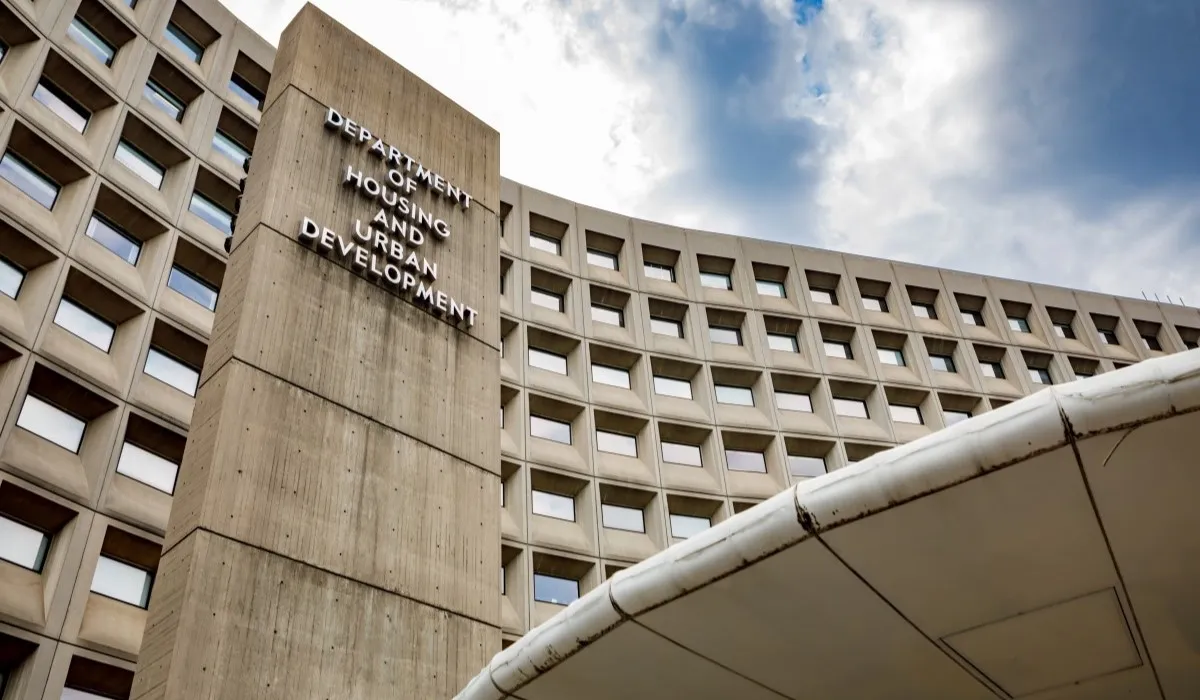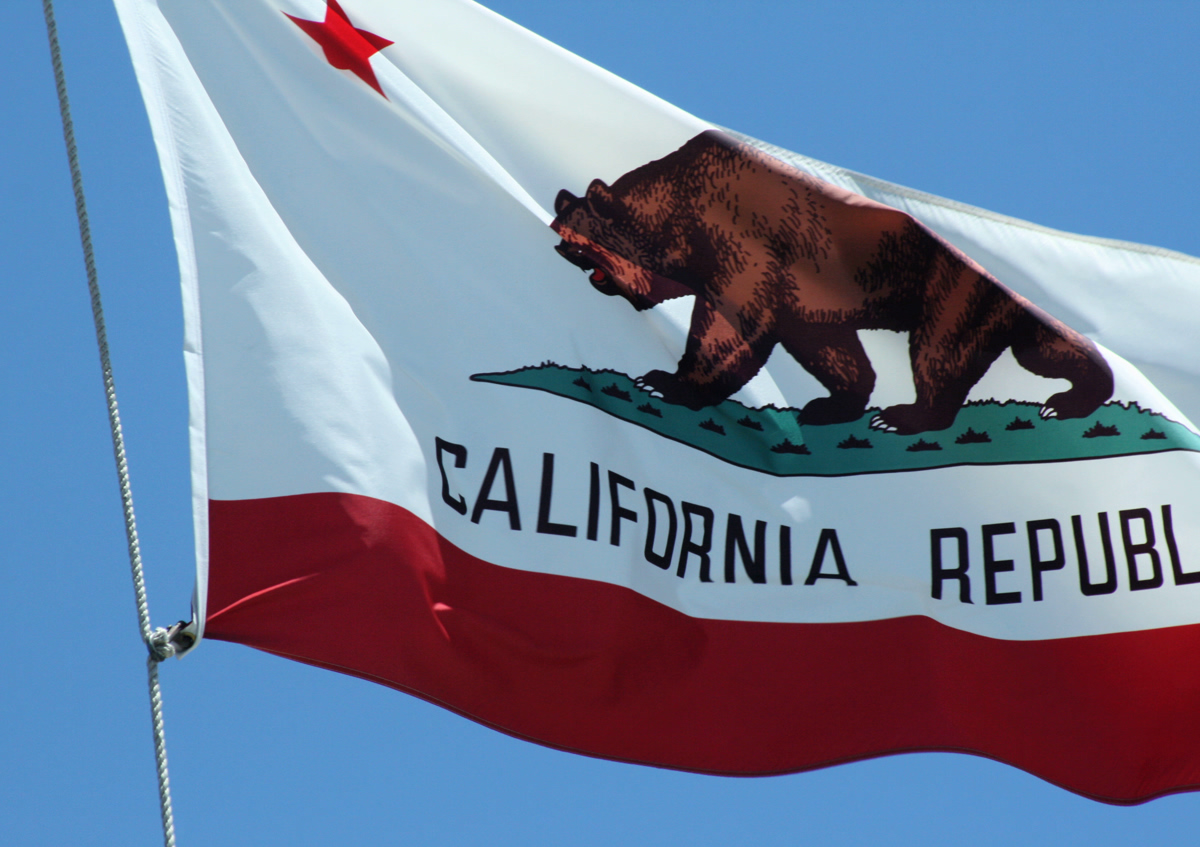Investors braced for further pain across global markets as US stocks and the dollar suffered their worst day in years after President Donald Trump’s latest tariff measures sparked a global flight to haven assets.
Shares in Australia and Japan fell at the open. US equity-index futures were steady as trading kicked off in Asia after the S&P 500 declined 4.9% on Thursday and the Nasdaq 100 slumped 5.5%, the biggest drop since 2020 for each. The slump wiped out around $2.5 trillion from the US stock market. Oil sold off and the greenback extended its drop on Friday as yields on the 10-year US Treasury hovered around the 4% mark. Markets are closed in China and Hong Kong.
All in, the much-vaunted America-first trade — buying up assets that win when the US outperforms the rest of the world — is reversing on concern that the steepest increase in American tariffs in a century will hammer economic growth. The trading forms a volatile backdrop for Friday’s US jobs report and a speech by Fed Chair Jerome Powell, which should set the tone for markets already worried about the outlook for the world’s largest economy.
“If these tariffs stick, the economy is going to slow down,” said Mary Ann Bartels at Sanctuary Wealth. “Whether it’s a recession or not, it’s clear that the economy is headed for a slowdown in the US and around the world. There’s no place to hide, but the fixed-income markets.”
Trump has embraced tariffs as a tool to assert US power, revive manufacturing at home and extract geopolitical concessions. Economists say the near-term result of his measures will likely be higher US prices and slower growth, or perhaps even a recession.
A gauge of US small-caps, which are more sensitive to US growth, plunged 6.6% Thursday in a sign investors believe the president’s trade offensive will stunt the American economy.
Oil extended declines on Friday following losses in the previous session after OPEC+ unexpectedly increased the supply by three times the planned amount in May, weighing on a gauge of commodities also grappling with the tariff news.
The moves drove a fierce rally in global bonds, sending the yield on benchmark Treasuries briefly below the closely-watched 4% level. Most other yields also tumbled as money markets priced in a 50% chance of the Federal Reserve delivering four quarter-point rate reductions this year.
As spiraling tariff worries hammer US stocks, legendary investor Bill Gross is urging prospective dip-buyers to stay on the sidelines.
“Investors should not try to ‘catch a falling knife’,” he said in an email. “This is an epic economic and market event similar to 1971 and the end of the gold standard except with immediate negative consequences.”
Meantime, the dollar’s extended decline in the midst of a global selloff in risk assets has sparked a vigorous debate about whether it retains its status as a haven during turbulent times.
The Bloomberg Dollar Spot Index tumbled as much as 2.1% on Thursday, the measure’s sharpest intraday decline since its launch in 2005. Investors are bearish on the dollar in the coming month for the first time since September, options data show.
Hedge funds have increased their bearish bets on the dollar, mainly versus the yen and the euro, while also bracing for higher volatility into year-end, according to currency traders familiar with the transactions who asked not to be identified because they aren’t authorized to speak publicly.
Recession Fears
The chances of a recession in the world’s biggest economy have risen to 50% or higher, Jim Zelter said in a Bloomberg Television interview Thursday. The risk that tariffs accelerate inflation and constrain the Fed’s ability to stimulate growth by slashing rates has also risen materially, he said.
“We’re left to ponder how far the price action can extend from here. At this stage, the more relevant uncertainty is the degree to which the US equity market will sell off,” said Ian Lyngen and Vail Hartman at BMO Capital Markets. “In the event that stocks continue to slide, we anticipate that Treasury yields will do the same.”
Recession fears have been rising and that is visible across various asset classes.
Nomura Securities International Inc. said it expects gross domestic product to expand 0.6% in 2025 after accounting for the new levies on imports, and a key measure of underlying inflation to rise to 4.7%. Barclays Plc economists took a more pessimistic view toward GDP — projecting a 0.1% contraction — and a slightly more optimistic view of inflation, penciling in a 3.7% increase.
Elsewhere in commodities, gold fell from a fresh record high on Thursday while copper shed as much as 3.5%. Soybeans dropped the most since January on worries American crops will suffer from retaliatory tariff measures, and cotton plunged by the exchange limit.
.png)
 German (DE)
German (DE)  English (US)
English (US)  Spanish (ES)
Spanish (ES)  French (FR)
French (FR)  Hindi (IN)
Hindi (IN)  Italian (IT)
Italian (IT)  Russian (RU)
Russian (RU) 








Comments